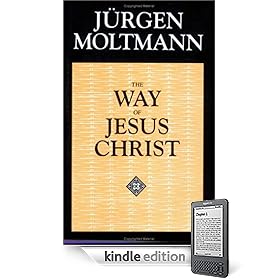In light of it being the final week of 2009, I thought I would post some of my favorite albums from this last year. I don't think I bought enough music this year to make a complete Top 10 list, so here are a few albums that got played regularly around the house, car, and coffee shops I haunt.
"Hazards of Love" the Decemberists
This was a surprisingly great album. I had heard the single, The Rake's Song, at work before it came out and it peeked my interest. It is a concept album, following a love story, that displays the wide range of the Decemberists musical abilities. I am a huge fan of the organ, and this album has some great rockin' organ parts, The Queen's Rebuke is one of the best songs off the album. The Decemberists do a great job with the electric folk style. Much more rock-n-roll than the Fleet Foxes and the other newer folk out there. The album is distinctly the Decemberists but a divergence from The Crane Wife, their previous release. Overall, the entire album is worth checking out.
"Curse Your Branches" David Bazan
I picked up this album right before seeing Bazan perform in SF. The concert was the best show I saw this year. I have seen Bazan several times in the last few years and the shows are consistently good, usually just David playing by himself. But after releasing the album he did a string of shows with a full band. The album has the common traits of Bazan with a band fit to back him up. This made the show a lively mix of older Pedro songs and his newer songs. It was good to hear Bazan play with a full band, and some of the Pedro the Lion classic songs. This album is a testament to the struggle Bazan has had in the last few years and his ability to create great music in light of all circumstances.
"Popular Mechanics" Surrogate
I got to listen to several of the demos from this album and was impressed by them. So, when the album came out over the summer I had a rough sense of what it would be like. As with the other albums, the finished product was a bit unexpected. It is a well crafted album, in both writing and playing. The move from recording in a warehouse to a studio helped give the album a more polished sound. And this is accented by Chris's witty and humorous lyrics. This album fits within the genre of my other picks and my current interests are clear in my choices. But again each album in one way or another surprised me. We will see what comes out in the next year...
Preaching in Challenging Times
-
My friend Bryan Berghoef models wise and courageous preaching in these
difficult times ... Check out last Sunday's sermon here, in Holland, MI.
8 years ago






